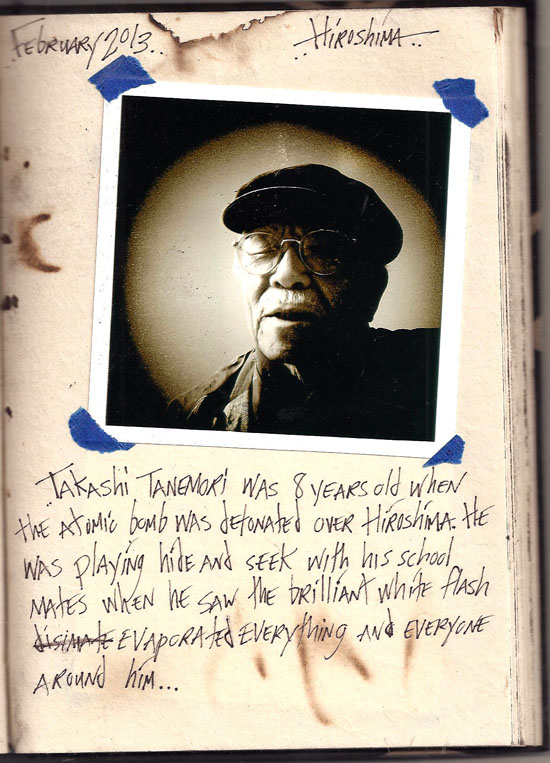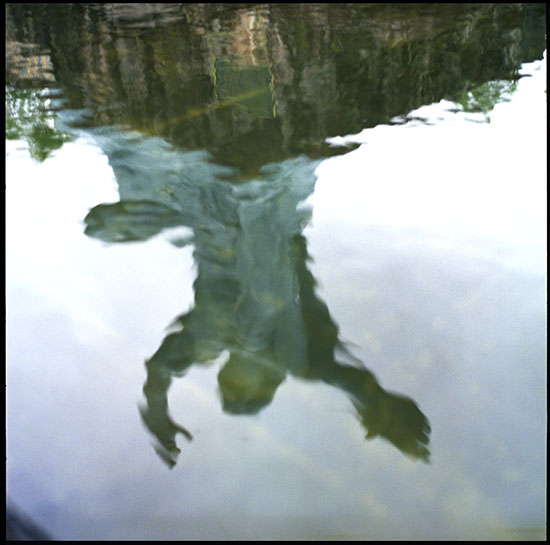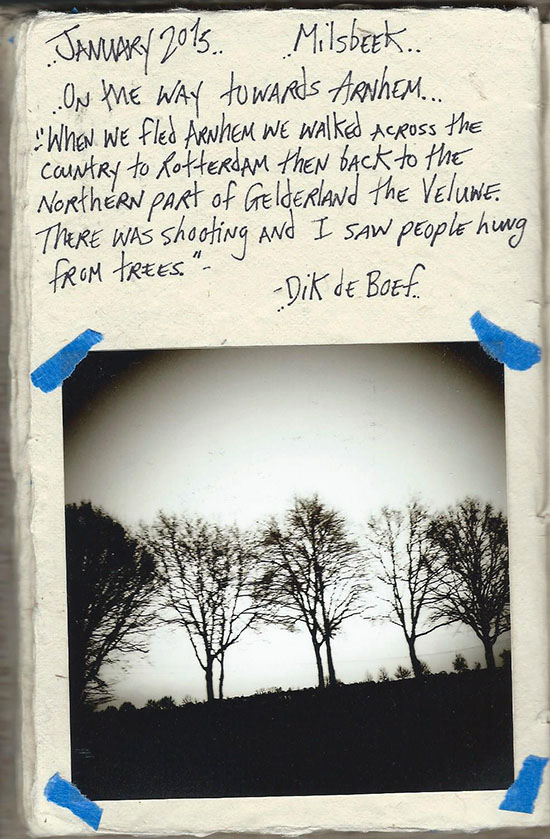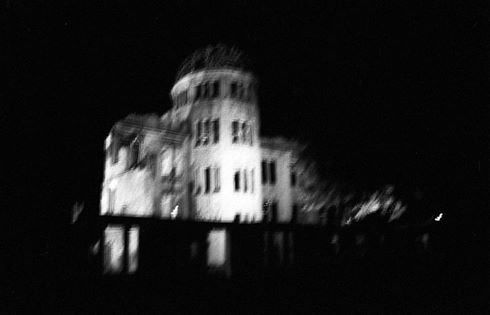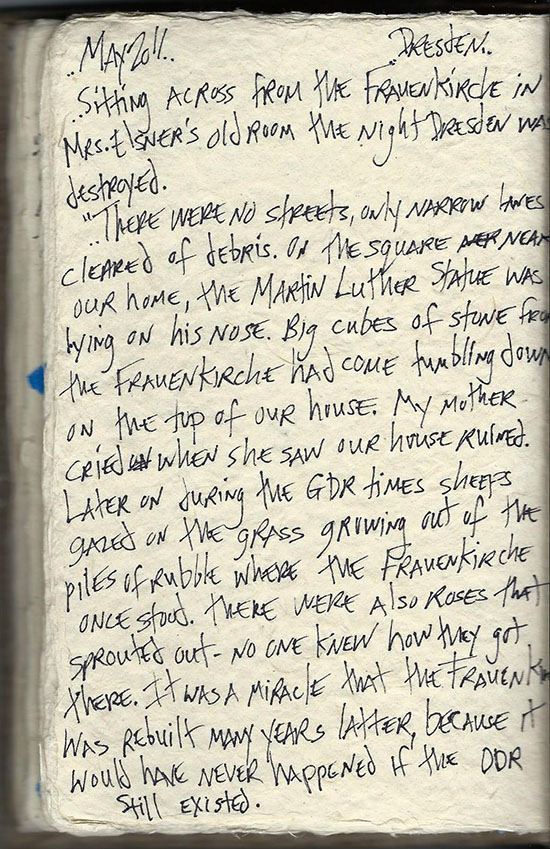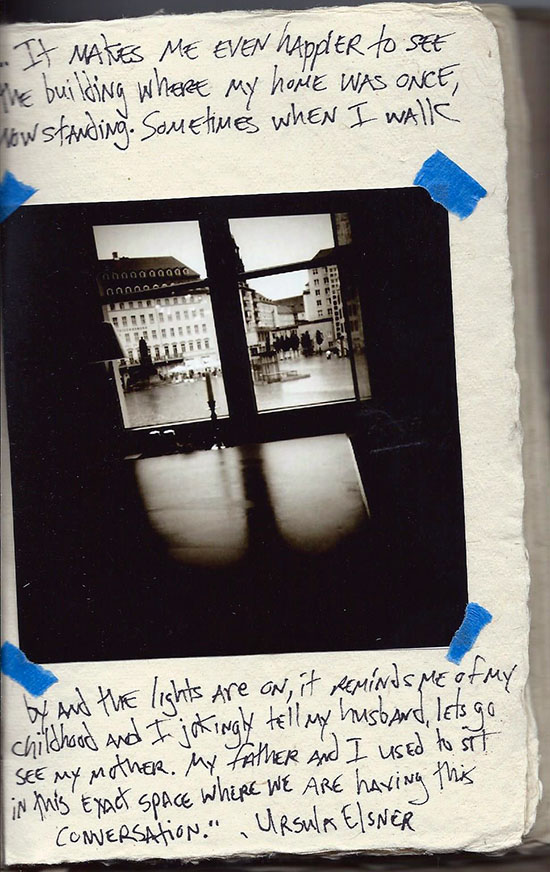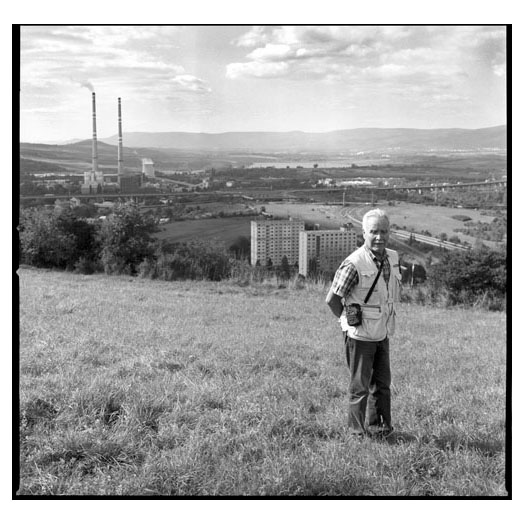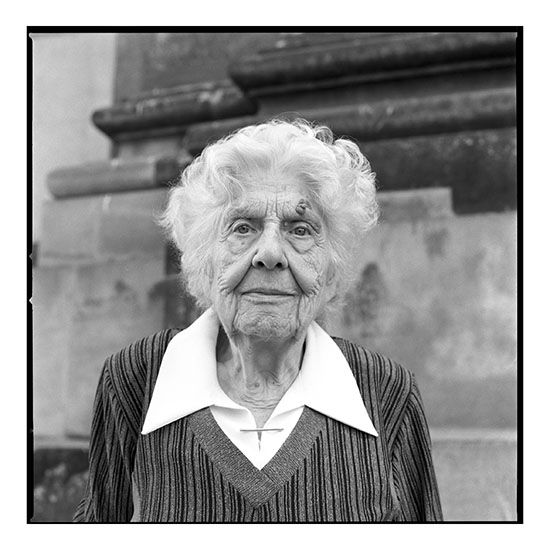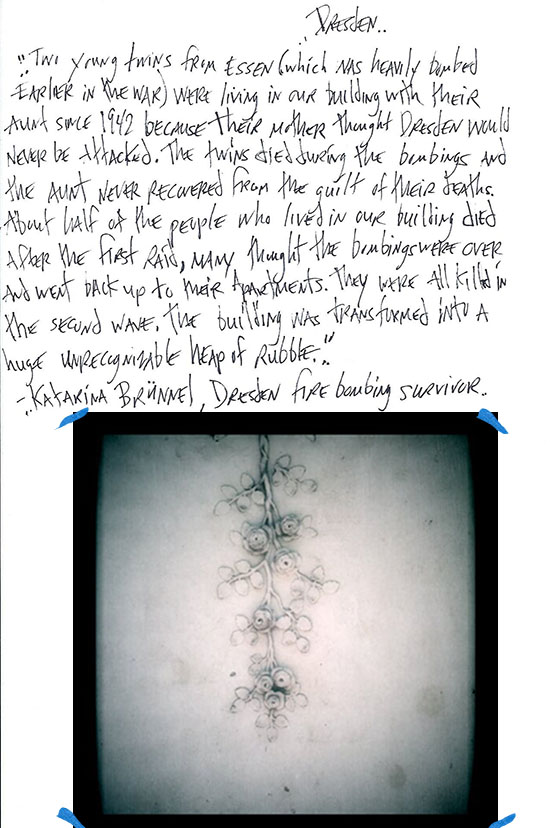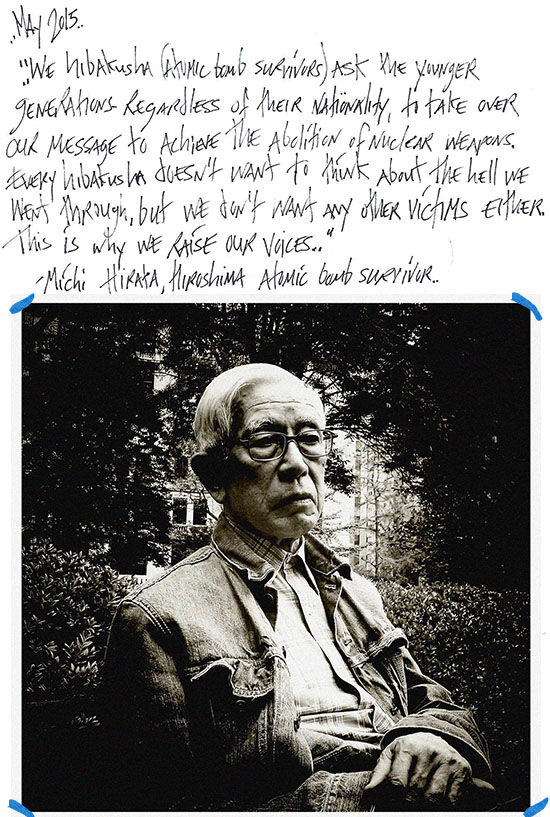Archive for the ‘From Above’ Category
Takashi Tanemori
Saturday, August 6th, 2016Interview with NCC Nagasaki
Tuesday, July 12th, 2016..July 2010.. ..Nagasaki..
An old interview broadcast by NCC Nagasaki about my From Above exhibition, the first time it was exhibited at the Nagasaki Peace Museum.
2 From Above NCC from Paule Saviano on Vimeo.
Dik de Boef
Friday, July 8th, 2016From Above interview on The John Batchelor Show on WABC Radio
Friday, June 17th, 2016..June 2016.. ..New York..
This is the link to Thursday night’s interview about From Above on The John Batchelor Show on WABC Radio. We cover some of my journey to Hiroshima and Nagasaki photographing atomic bomb survivors (hibakusha) and the upcoming exhibition at the Nagasaki Peace Memorial Hall opening in December.
A huge thank you to Mr. Batchelor for having me on the show for the third to speak about From Above. The John Batchelor show is the highest rated radio show in New York at the 9pm time slot. Honored again to be asked back to the show!
Hypocenter Nagasaki
Tuesday, May 31st, 2016..September 2008 Nagasaki..
..It’s time I start to figure out who I am..
Instead of telling people where I am..
“Our World is a world of nuclear giants and ethical infants. We know more about war than we know about peace.”
Gen. Omar Bradley
November 11, 1948
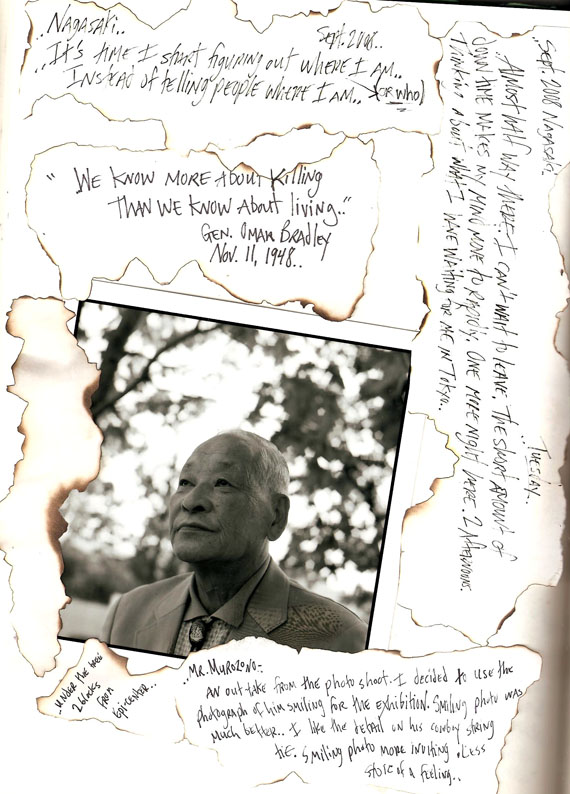
Ursula Elsner
Monday, May 23rd, 2016Karel Plecháč
Thursday, April 28th, 2016..October 2013.. ..Ústí nad Labem..
“Being 11 years old and experiencing the bombings is different from being 11 years old today. We already knew about war because we spoke about it at school and saw it on news reels at the cinema. The war was present everyday.”
Karel Plecháč was from the typical mixed German and Czech family that inhabited the German Sudetenland. His father was German speaking, mother Czech speaking, paternal grandparents were also from a mixed marriage and his maternal grandparents were Czech.
He was 11 years old when Ústí nad Labem was bombed. He survived the raid on April 17th, 1945 near his home in the city center. When the air raid sirens sounded, he and a friend saw the bombers approaching the city.
They rushed to an air raid shelter and endured 25 minutes of terrifying bombing that felt like an eternity. While in the shelter he only thought about his mother and younger sister who were in another part of the city called Trmice.
“The air warden told us to go the shelter. The bombings lasted for 25 minutes but sitting there felt like an eternity. There were mothers and children crying and shouting. When we exited the shelter the whole city was out of order. The corpses of first victims were lying in the town square.”
“In the iron shop window across the street from my house there was a master work by the owner, an iron canon. I always saw this iron canon throughout my childhood. After the bombing one of the first things I noticed was the building was gone. Somewhere below the debris is the iron canon.”
The house his family lived in was heavily damaged. The windows and walls were broken and most of the floors had collapsed. The house next door suffered a direct hit.
Two days later Allied bombers returned to Ústí nad Labem. When the air raid sirens sounded Karel, his mother and younger sister went up to a hill near an area where he played. From on top of the hill they could see the factories exploding in the city below.
“When the air raid sirens sounded I told my mother let’s go to the hill where we played to have a look at the city. We saw all the factories exploding in the city below. I still have goose bumps looking out today and remembering the bombing. The bombs came in a row. This experience became emotionally imprinted in my mind.”
At the conclusion of the war, the German speaking residents of Usti were deported to Germany. Because his father spoke German, the family was ordered to the train station for deportation. At the train station the maternal grandmother, cried out “My children, my children!” A Czech army officer asked her if the family spoke Czech and it was confirmed that they spoke both Czech and German. The officer signed a permit allowing the family to return to their home. Even though the family was spared deportation, the father served 17 months in a labor camp and was forced to clean up the debris in the city.
Mrs. Margarethe Buhr
Thursday, April 21st, 2016..April 2016.. ..Dresden..
“I didn’t see anything. I didn’t cry a tear. Nothing at all.”
-Mrs. Margarethe Buhr
I received the sad news that Mrs. Margarethe Buhr passed away a couple of weeks ago. Mrs. Buhr was one of the Dresden fire bombing survivors I photographed during my first trip to Dresden. She was the oldest survivor I photographed from Dresden.
Her portrait became the photograph I used to present the Dresden survivors in the From Above exhibitions. The photo was used on the book jacket.
She was already partially blind when I photographed her portrait against a surviving baroque churches, but her eyes were the most telling eyes I have ever photographed. Her eyes seemed to pierce through the camera lens.
Her testimony about the surviving the destruction of Dresden was one of the most brutal I have heard. She was living in an area which was pummeled into ash. People boiled to death when they jumped into fountains thinking they could escape the raging fires.
I will always remember her saying that she was born in 1919 at the same time the German troops began to return home from WW I. The war ended months before but troops didn’t return home from the front until the spring of 1919.
Mrs. Buhr was 96 year old. I consider myself lucky to have spent time with Mrs. Buhr. She will be greatly missed. It was an honor to have known her.
The last time I saw Mrs. Buhr was at a gathering with other Dresden fire bombings survivors in Mrs. Lang’s home.
